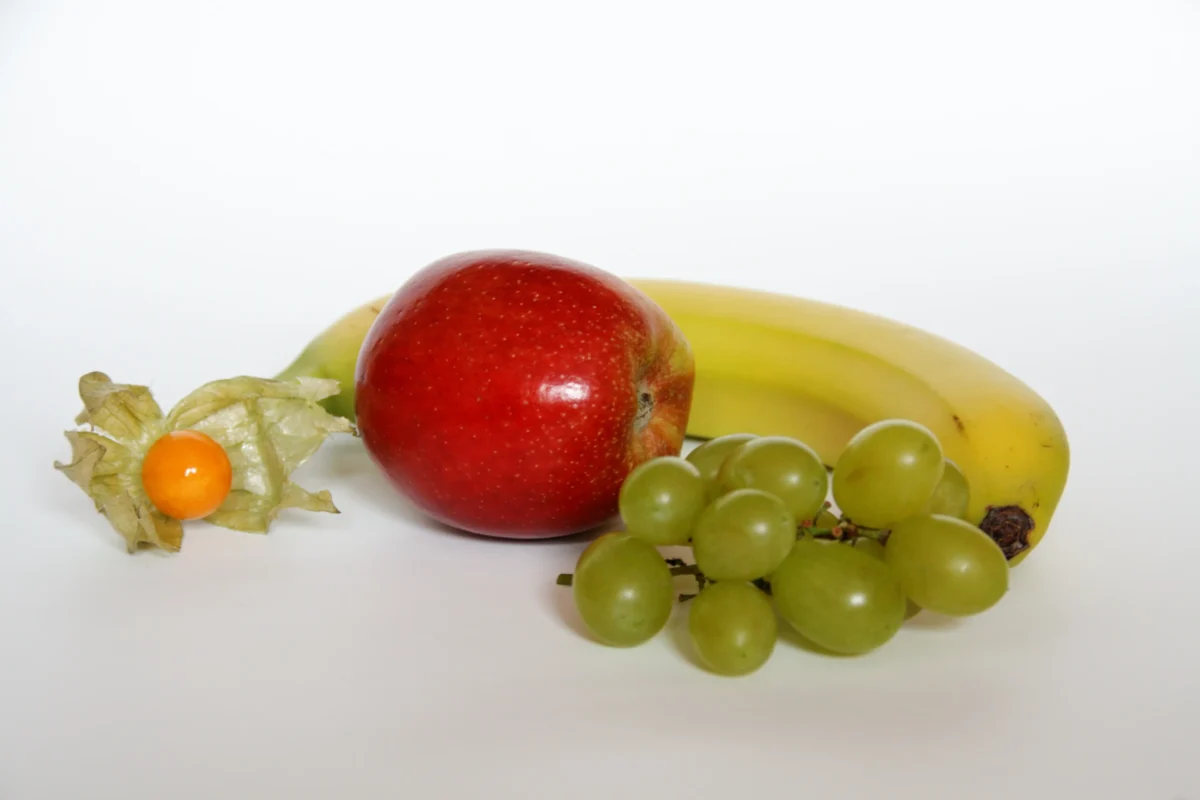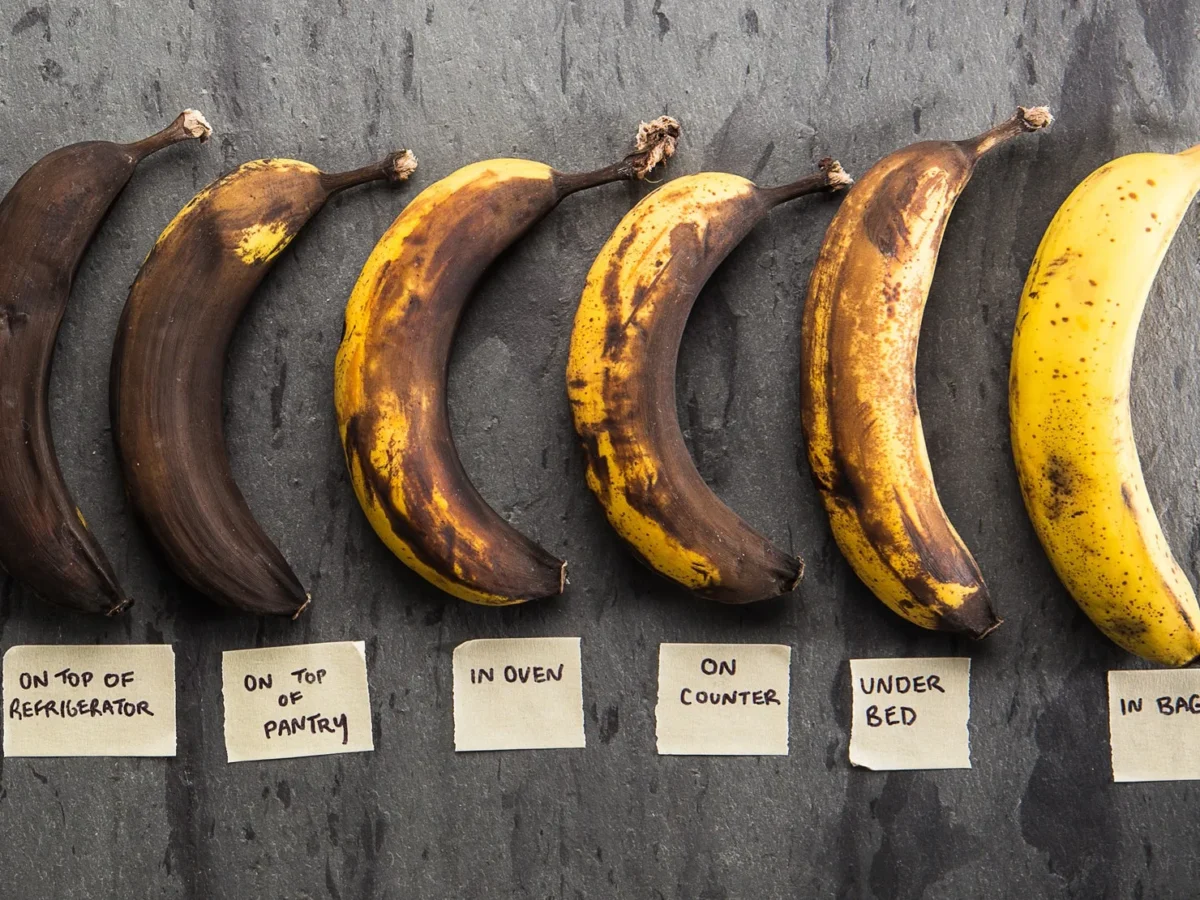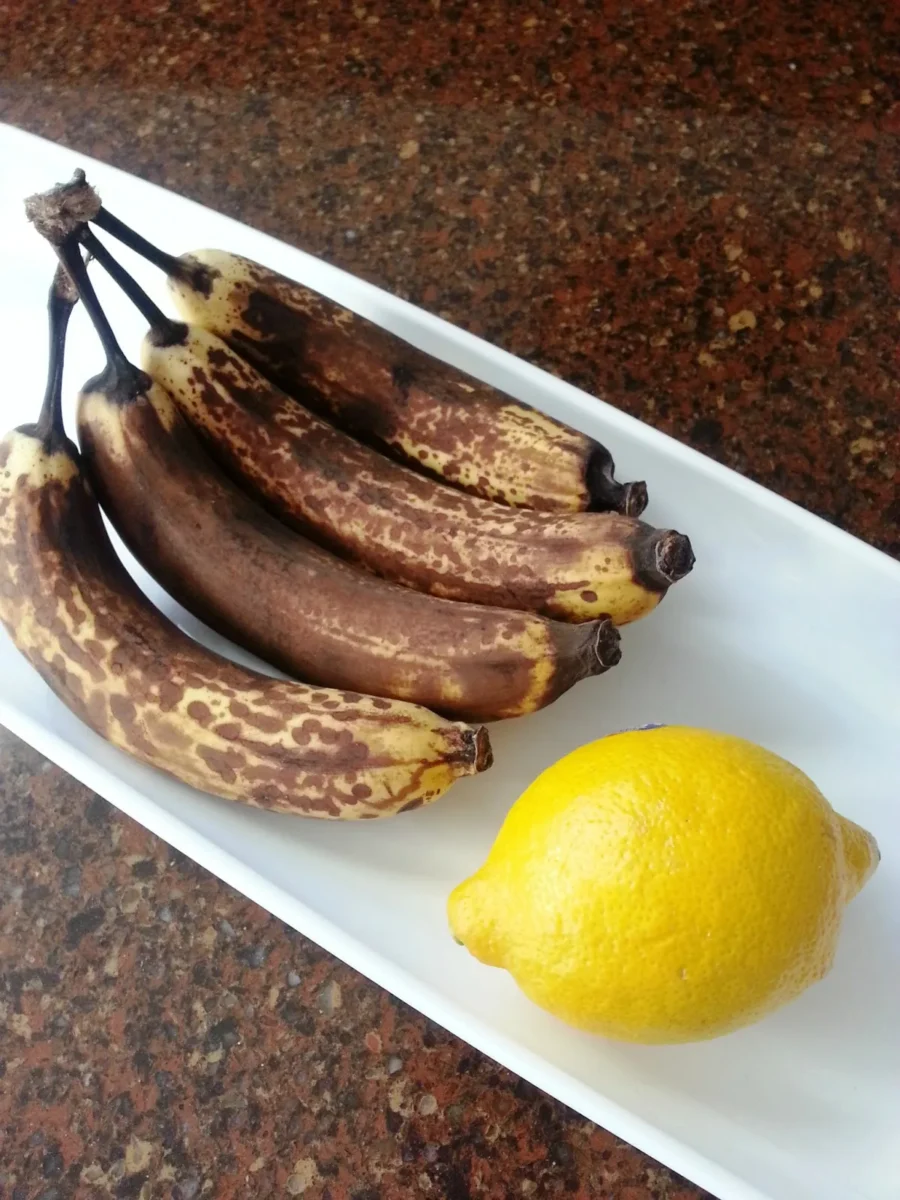Unlock the Secrets of Proper Banana Ripening: Why Your Bananas Won’t Cooperate and How to Make Them Perfectly Ripe!
Bananas are a popular fruit consumed by millions of people worldwide. However, have you ever purchased a bunch of bananas only to find they won’t ripen? It can be frustrating and leave you wondering why your bananas won’t cooperate. Understanding the factors that affect the ripening process of bananas is crucial in ensuring that you can enjoy them at the optimal stage of ripeness. In this article, we will explore what it means for a banana to ripen, the various factors that affect the ripening process, and how to properly ripen bananas at home. We’ll also discuss common mistakes people make and offer tips for selecting and storing bananas to ensure proper ripening. So, if you are curious about why your bananas won’t ripen and want to learn how to properly ripen them, keep reading!
What does it mean for a banana to ripen?
Bananas are a fascinating fruit that undergo a complex process of ripening before they become the sweet and delicious treats we all know and love. Ripening is the natural process by which bananas transform from their green, starchy state into their characteristic yellow color with a soft texture and sweet flavor.
The ripening process begins as soon as the banana is harvested from its tree. Bananas contain high levels of starch, which gradually breaks down into sugars such as glucose, fructose, and sucrose through enzymatic processes. This conversion of starch to sugar leads to changes in the banana’s texture, color, aroma, and taste.

As bananas ripen, they release ethylene gas that triggers further changes in their composition. This gas accelerates the breakdown of chlorophyll pigments in the peel from green to yellow. Additionally, it stimulates enzymes that convert amino acids into aromatic compounds responsible for the fruity scent associated with ripe bananas.
One interesting fact about bananas is that they continue to ripen even after being picked from their trees due to stored energy reserves within them. The ideal temperature for ripening bananas ranges between 60-70 degrees Fahrenheit since temperatures below or above this range can slow down or accelerate the ripening process.
In conclusion, understanding what it means for a banana to ripen requires an appreciation of its biochemical processes involving enzymes and gases like ethylene. By understanding these complexities associated with banana maturation fully one can appreciate why ripe ones are so irresistible when eaten alone or used in various recipes!
What factors can affect the ripening process of bananas?
Bananas are a delicious and nutritious fruit that is enjoyed by people all over the world. However, many people are unaware of the complex ripening process that bananas go through before they reach peak sweetness and flavor. Several factors can affect the ripening process of bananas, including temperature, humidity, and exposure to ethylene gas.
Temperature plays a crucial role in the ripening process of bananas. Bananas require temperatures between 60-65°F to ripen properly. Temperatures below this range will slow down the ripening process while temperatures above this range will accelerate it. Therefore, it is essential to store your bananas at room temperature if you want them to ripen quickly.
Humidity is another factor that affects banana ripening. Bananas require a specific level of humidity (around 85%) for optimal growth and development. If the humidity levels are too low or too high, it can affect their texture and flavor negatively.
Lastly, exposure to ethylene gas (a natural plant hormone) can also impact banana ripening. Ethylene gas accelerates fruit maturation by breaking down cell walls and converting starches into sugars; therefore, exposing unripe bananas to ethylene gas will speed up their maturation process.
In conclusion, understanding these factors that affect banana ripening can help you ensure that your bananas reach peak sweetness and flavor when consumed. By storing them at room temperature with proper humidity levels while avoiding exposure to ethylene gas sources such as apples or tomatoes during storage or transportation, you’ll be sure to enjoy sweet ripe bananas every time!
How do I properly ripen bananas at home?
Bananas are a versatile and delicious fruit that can be enjoyed in many different ways. However, knowing how to properly ripen bananas at home can be a bit of a challenge for some. Luckily, there are several tried-and-true methods that will help you get the perfect ripeness every time.
One method is to place the bananas in a brown paper bag with an apple or tomato. This works because these fruits release ethylene gas which speeds up the ripening process of bananas. This method is great if you need your bananas ripe quickly.

Another method is to place the bananas in a warm area like on top of your fridge or near a sunny window. This will also speed up the ripening process but may take longer than using an ethylene-producing fruit.
If you have time and want to control the exact level of ripeness, you can use the “banana tree” method. Simply hang your unripe bananas on a hook or hanger and cover them with plastic wrap or foil, creating a mini greenhouse effect around them. Check on them daily and remove any ripe ones as they appear until all are perfectly ripe.
It’s important to note that once your bananas reach their desired level of ripeness, you should store them in the fridge to prevent further over-ripening.
By using these simple methods, you’ll always have perfectly ripe bananas ready for whatever recipe or snack strikes your fancy!
What are some common mistakes people make when trying to ripen bananas?
Ripening bananas can be a tricky business, but many people make common mistakes that hinder the process. One of the most common mistakes is storing bananas in the refrigerator. While this is a great way to keep them fresh for longer, it will also prevent them from ripening properly.
Another mistake people make is not separating their bananas. When left together in a bunch, bananas release ethylene gas, which can cause them to ripen unevenly and prematurely. To avoid this issue, separate your bananas and store them in different locations.

Additionally, some people try to force-ripen their bananas by placing them in direct sunlight or using artificial heat sources like ovens or microwaves. This approach may speed up the process but could result in overripe or even spoiled fruit.
Lastly, not paying attention to the color of your banana’s skin can also be detrimental to proper ripening. Bananas should ideally be picked when they are still green and allowed to gradually ripen at room temperature. Waiting too long before picking will result in an overripe banana with mushy flesh and brown spots.
By avoiding these common mistakes and following proper storage techniques, you can ensure that your bananas reach optimal ripeness for all your culinary needs!
Tips for selecting and storing bananas to ensure proper ripening.
Bananas are a versatile fruit that can be enjoyed on their own, added to smoothies or used in baking. However, selecting and storing bananas can sometimes be a challenge. Here are some tips to ensure proper ripening of your bananas.
When selecting bananas, look for ones that are firm with no bruises or soft spots. The color of the banana does not indicate its ripeness; green bananas will eventually ripen just as yellow ones will.
Once you’ve purchased your bananas, it’s important to store them properly to prevent them from spoiling before they have a chance to fully ripen. Bananas should be stored at room temperature away from direct sunlight and heat sources like stoves or ovens.
If you want your bananas to ripen more quickly, place them in a paper bag with an apple or tomato. These fruits release ethylene gas which speeds up the ripening process.
On the other hand, if you have too many ripe bananas and don’t want them to spoil before you can eat them all, consider freezing them. Simply peel the ripe banana and store it in an airtight container in the freezer for up to six months.
By following these tips for selecting and storing bananas, you can ensure that you always have perfectly ripe fruit ready for any recipe or snack.
Check out our other articles to find out even more about banana.

Understanding the ripening process of bananas can be difficult, but with the right knowledge and techniques, it’s possible to ensure that your bananas always reach their peak flavor and texture. We hope this article has equipped you with some helpful information on how to properly ripen bananas at home as well as what common mistakes people make so that you can avoid them in your own banana endeavors. Check out our other articles to find out even more about banana!

:max_bytes(150000):strip_icc()/Cuttingbanana-ver1-e437b16bd4d54051abb5502469d10d41.jpg)









